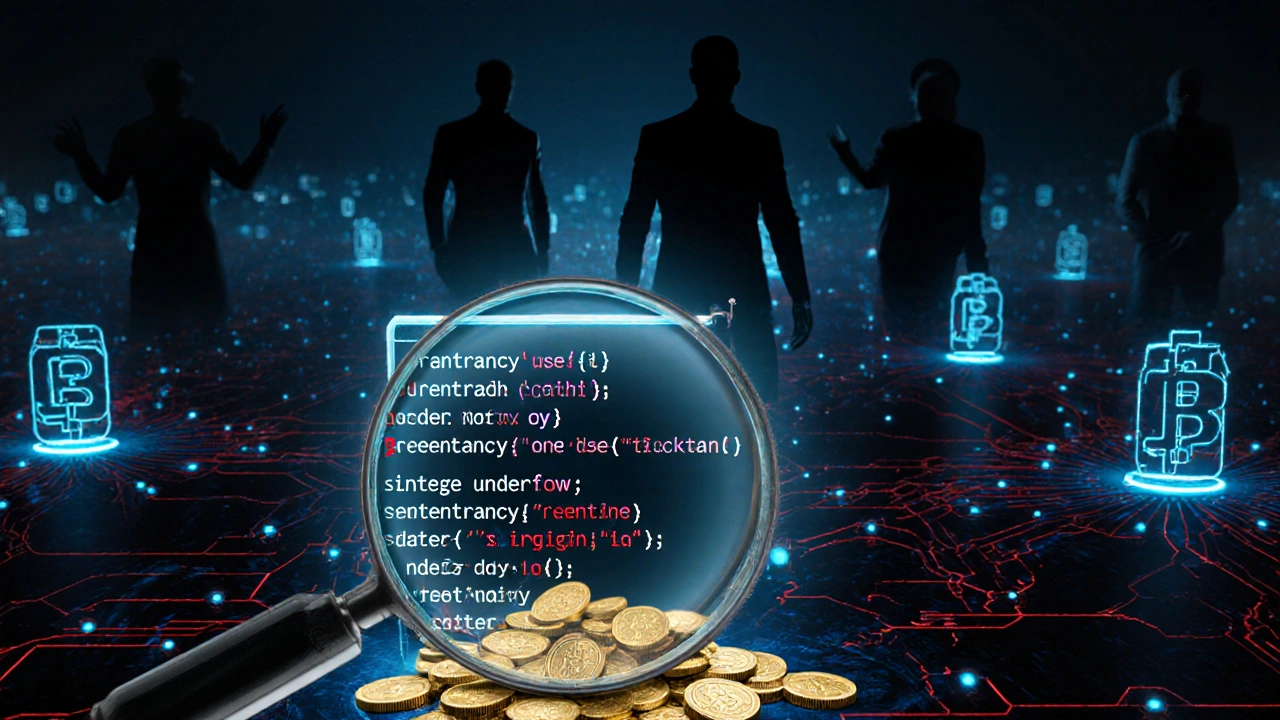DeFi Protocol Security: What You Need to Know to Stay Safe
When you use a DeFi protocol, a decentralized financial system that lets you lend, borrow, or trade crypto without banks. Also known as decentralized finance, it runs on smart contracts—self-executing code on blockchains like Ethereum. But if the code has flaws, your money can vanish in seconds. Unlike banks, there’s no customer service to call if something goes wrong. You’re fully responsible. That’s why DeFi protocol security, the practice of auditing, testing, and monitoring blockchain-based financial systems to prevent exploits isn’t optional—it’s your first line of defense.
Most DeFi losses don’t come from hackers breaking into wallets. They come from smart contract risks, bugs or logic errors in the code that powers lending pools, exchanges, and yield farms. A single line of bad code can let someone drain millions. In 2022, over $2 billion was lost to DeFi exploits—most of them preventable. That’s why top projects get their code audited by firms like CertiK or OpenZeppelin before launch. But even audits aren’t foolproof. New attacks pop up every month. That’s why you need to look beyond marketing hype. Check if a project has a public audit report. See if it’s been live for over six months. Look for community discussions about past fixes. If a protocol promises 100% APY with no risk, it’s not innovation—it’s a trap.
Blockchain safety, the broader set of practices that protect users from theft, fraud, and system failures in decentralized networks isn’t just about code. It’s about how you interact with the system. Are you using a trusted wallet like MetaMask or Trust Wallet? Are you double-checking contract addresses before approving transactions? Many scams trick users into signing malicious approvals that let hackers empty their accounts. Even if the protocol is secure, your actions can still put you at risk. That’s why the most successful DeFi users don’t chase the highest yields—they prioritize transparency, track record, and simplicity.
What you’ll find in the posts below isn’t theory. It’s real-world insight from people who’ve been burned—and those who learned how to avoid it. You’ll see how scams unfold, what red flags to watch for, and which tools actually help you stay safe. No fluff. No jargon. Just what works when your money is on the line.
Security Audits for DeFi Protocols: What to Look For
DeFi security audits aren't optional - they're essential. Learn what real audits check for, why one isn't enough, how to read reports, and what red flags mean danger.
DENNIS HIGHFILL | Nov, 18 2025 Read More
